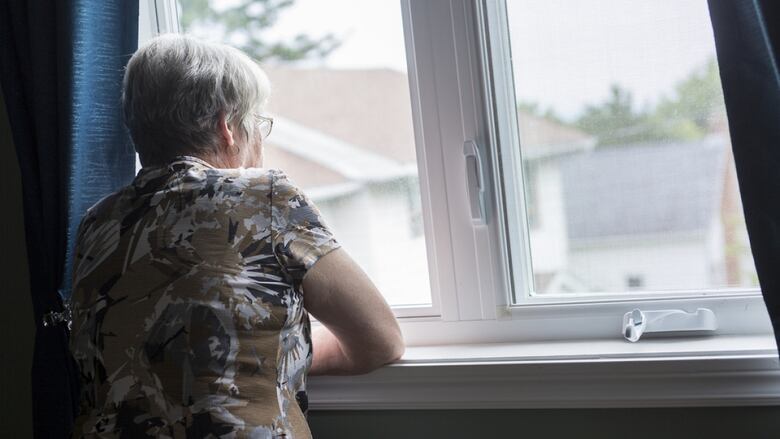B.C. bumps up rental subsidy programs for seniors, low-income families
Financial supplements increasing for 2 programs aimed at making rent more affordable

Recipients of two British Columbia programs aimed at making rent more affordable for seniors and families in need will see a bump in their subsidies starting this month.
The province says the average family supplement under the Rental Assistance Program will go from $400 to $700 per month while qualifying seniors under the Shelter Aid for Elderly Renters, or SAFER, program will receive, on average, another $145 a month, for a total of $337.
Housing Minister Ravi Kahlon says the household income eligibility limit for the Rental Assistance Program is increasing to $60,000 from $40,000 while the qualifying limit for the seniors' program is now $40,000, up from $37,240.
The increase to SAFER is the latest bump to the program over the last several years but stops short of the full revamp that the province's seniors advocate called for last year.
Advocate Dan Levitt says he's pleased the subsidy is being increased but noted that it's not tied to the province's allowable rent increases, nor to inflation.
"I'm pleased more seniors will be eligible to receive SAFER, however, I'd still like to see the SAFER program be indexed to inflation and have government commit to ensuring the program is meeting its goal to have recipients paying no more than 30 per cent of their income on rent," he said.
"The seniors' demographic in B.C. is increasing rapidly and supports such as SAFER are critically important for the quality of life for low-income seniors."
Kahlon says the changes mean more people will get help during a time of high costs of living and amid uncertainty over the trade war with the United States.
"With the new uncertainties that come with tariffs, it is seniors and low-income families that are going to face the brunt of a lot of those tariffs and the impacts of those," he said.
"We've already been hearing from a lot of seniors who are really concerned because they have pensions and they're seeing the stock market continue to collapse, and what does that mean for them in retirement?"
